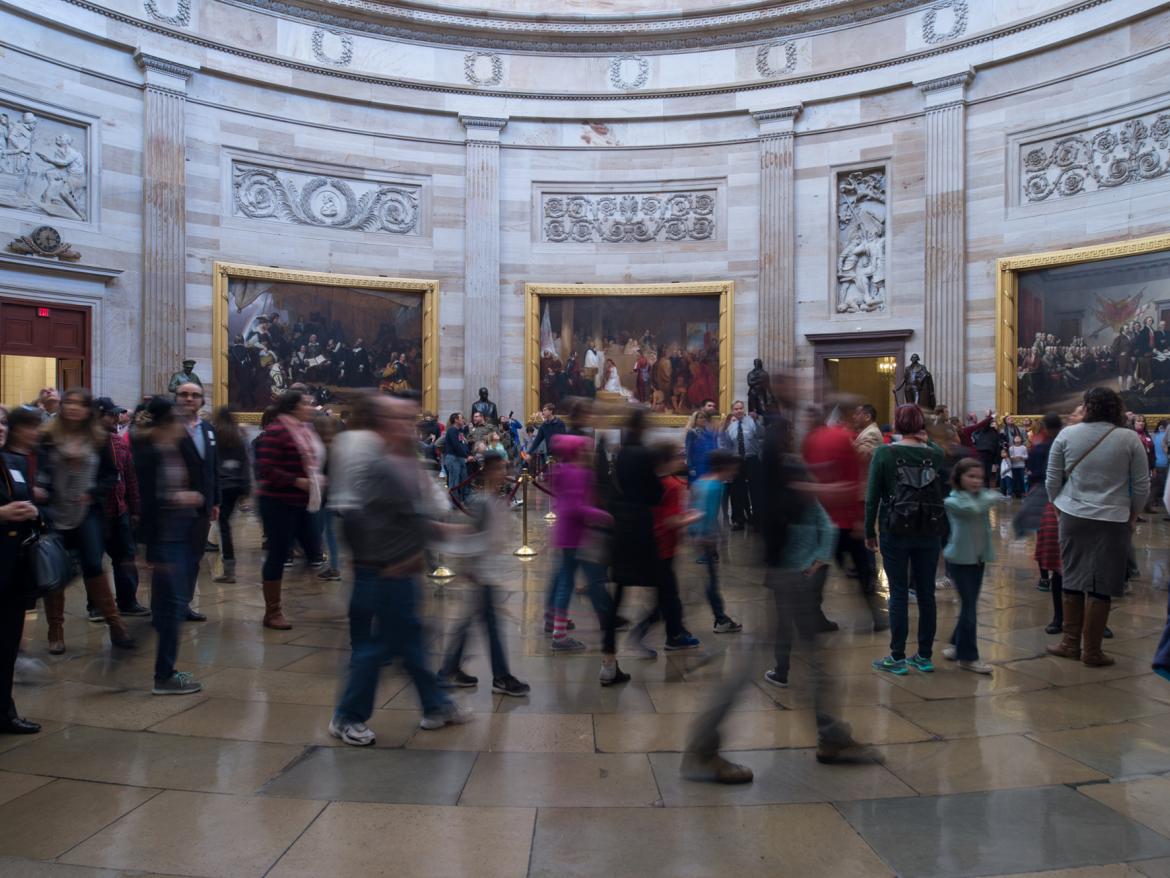The 115th Congress seemed a bit unsteady as it began the year with a new Administration in place at the other end of the National Mall. Even so, the congressional committees that deal with Native American Affairs have moved ahead, focusing on defining priorities – the President’s, the tribes’ and their own.
Welcome to the Native American Legislative Update for March 2017.
Native Nations Rising
At least some parts of Washington woke up to the presence and resilience of Native Americans as teepees rose on the National Mall, and Native Americans showed up in Congressional offices to tell their own stories and demand respect for tribal sovereignty. The Native Nations March on March 10 brought visitors to town from tribes all over the United States and from indigenous communities in other countries. A prayer service at the National Cathedral, convened and led by Native and non-Native spiritual leaders, set a tone of unity and strength.
For some participants, their visits to congressional offices were their first personal encounters with people involved in direct decision-making about the federal part of the tribal-federal relationship. For others – especially experienced tribal leaders — the broader involvement of tribal members bolstered the strength of the messages they have brought to congressional committees for decades.
A strong message, echoed by many Indian and non-Indian speakers – arose from the gatherings. A core demand: The United States government must reject the “Christian Doctrine of Discovery” and end any legal reliance on that antiquated and arrogant principle.
Meanwhile, Back on Capitol Hill
The 115th Congress seemed a bit unsteady as it began the year with a new Administration in place at the other end of the National Mall. In both chambers of Congress, leaders of both parties had to figure out where and how they stand in this new era. Business has definitely not proceeded as usual.
Even so, the congressional committees that deal with Native American Affairs have moved ahead, focusing on defining priorities – the President’s, the tribes’ and their own.
The President has asked Congress to propose a $1 trillion package of infrastructure improvements. The “Indian Committees” in both chambers rose to that challenge by convening two hearings and a bi-partisan, bi-cameral roundtable discussion on infrastructure needs in Indian Country. The needs for adequate health facilities, schools, and broadband access emerged as strong priorities, with the support of members of both parties. Some of the panelists reported on successes with innovative partnerships with private funders and state and local governments, including strong participation by federal partners and funds, in areas as varied as hospitals, schools, and road renovations.
The outcome of the health care debate was close and surprising to many, but the central issues will come back in the budget debate. If Congress approves diminished support for Medicaid, Indian Country will be heavily affected – even if funding for the Indian Health Service is left untouched.
Budget issues have also been front and center on Capitol Hill, but with less solid information available. We can point to where we seem to be in the budget and appropriations process, and draw in the outlines of the FY018 budget now, with details to follow in May when the President releases his detailed proposal.
New Legislation. Nearly 50 bills directly affecting Native Americans have been introduced – many of them are similar to proposals that made it part way through the process in the last Congress. The Senate Committee approved several of them on March 29; others may be approved soon. Be sure to keep an eye on our “Watching Congress” list for updates on subject areas or individual bills that are of interest to you.
Take Action
Major federal budget decisions are coming up very soon. The decisions, for now, will be in the hands of committees that can look closely at the details of programs. Now is the best time to let your members of Congress hear from you about federal programs and federal funding that is critical to you, your family, your tribe, your business. Programs affecting Indian Country come up in 11 of the 12 appropriations bills that committees in both houses of Congress will consider. Almost any member you talk to will be involved in decisions that affect federal spending in Indian country.

